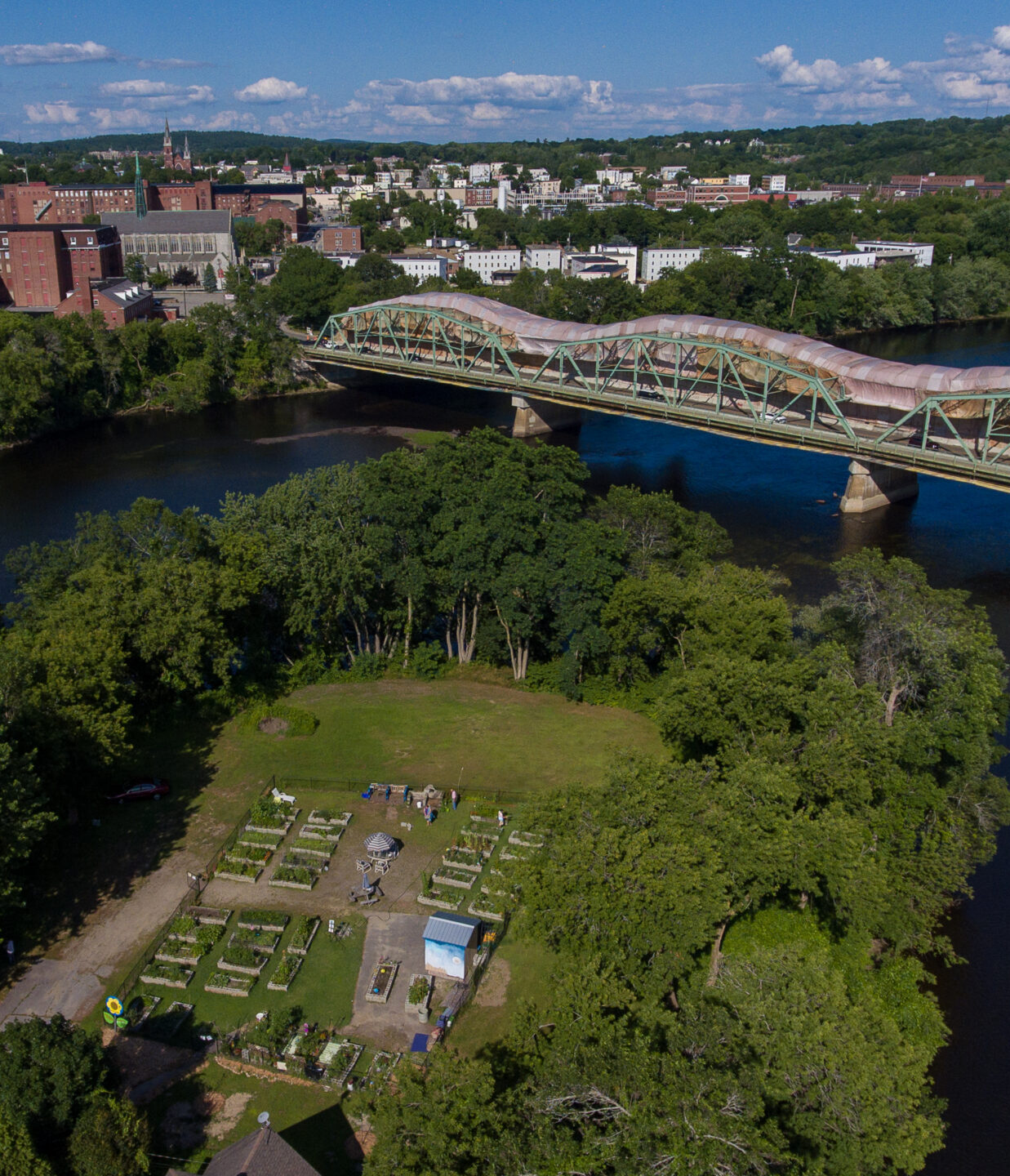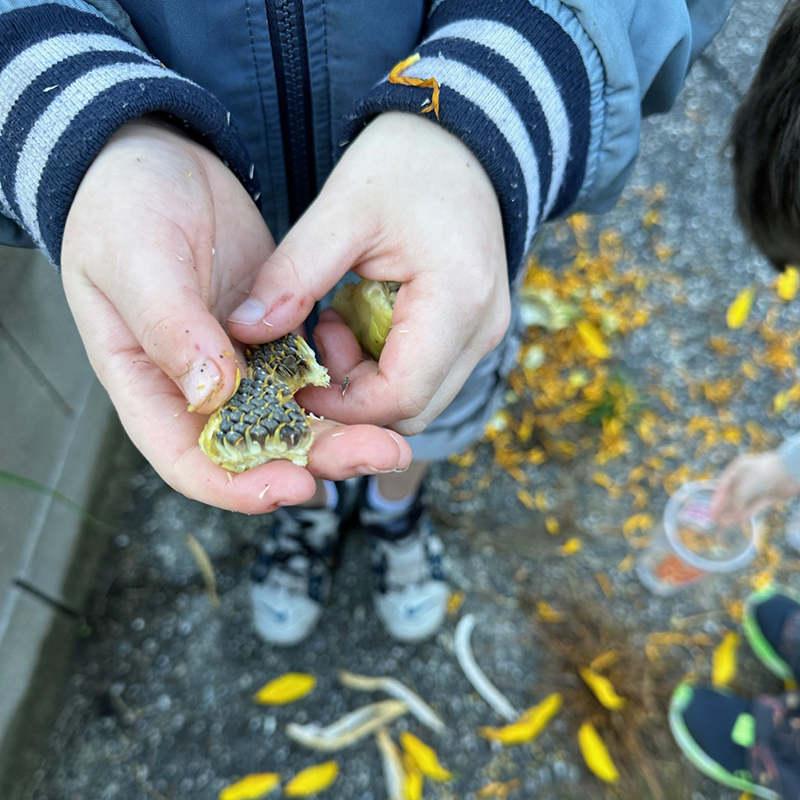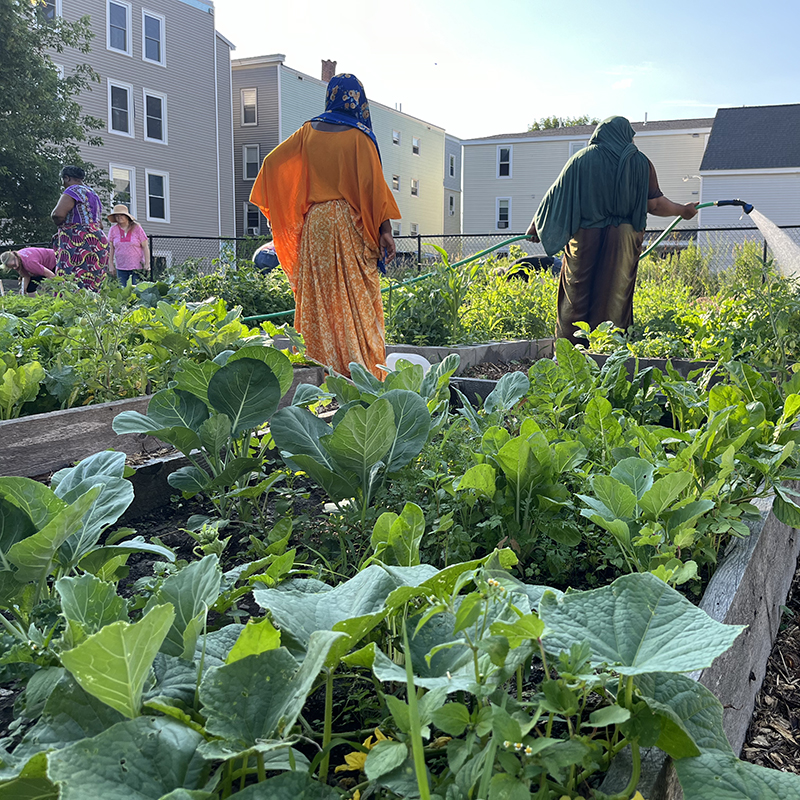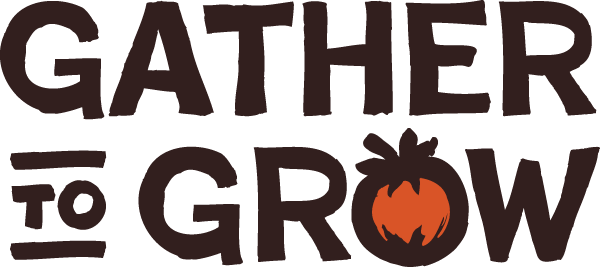
The Land
As a land-based organization, Gather to Grow recognizes that the current and future vitality of the land and the people who depend on its soils and waters are intertwined.
The land beneath our Center, and the community gardens we steward, is part of unceded Abenaki Territory, and the broader homelands of the Wabanaki Confederacy made up of the Abenaki, Mi’Kmaq, Passamaquoddy, Penobscot and Maliseet Nations.
Through a collaborative process, Gather to Grow will be exploring pathways for restoration of Wabanaki reciprocal land relationships, including cultural food and spiritual use. One existing community garden in Auburn, Newbury Garden, along the “Little Androscoggin River,” is recognized as an important site by the Abenaki.* This garden was next to, and very likely part of, a tragic massacre at an Abenaki planting village that took place in 1690. Through continued learning and action, Gather to Grow aims to share the history of the land and pursue repair. We invite our community to join us on this journey.


Gather wisdom.
“By educating these students on how plants work, we could be educating a future scientist who will make an environmental impact.”
– School Garden Champion
Stewarding the Land Now and Into the Future
Gather to Grow’s network of 12 community gardens is held in partnership with municipal and agency collaborators. Our long-term goal is to permanently secure these gardens—or comparable growing spaces across Lewiston and Auburn—for future generations.
While these spaces are in our care, we prioritize healthy soils and climate resilience. Raised garden beds at each site are filled with compost-rich, contaminant-free soil to ensure safe and abundant food production. We conduct lead testing at new garden locations and provide community resources for lead awareness and safety.
In partnership with our gardeners, we grow food without pesticides, herbicides, or fungicides. We also encourage exploration of wild plants as sources of nourishment and medicine. Together, we’re expanding our understanding of sustainable gardening practices and climate-smart growing techniques—such as hugelkultur, used in response to flooding.
As we build a more climate-resilient food system, we invite our community to steward the soil and land alongside us—learning, adapting, and growing together.
Find more resources on our “Resources and Action” page
*This work will only be deepened with participation and consent of Wabanaki land protectors.

